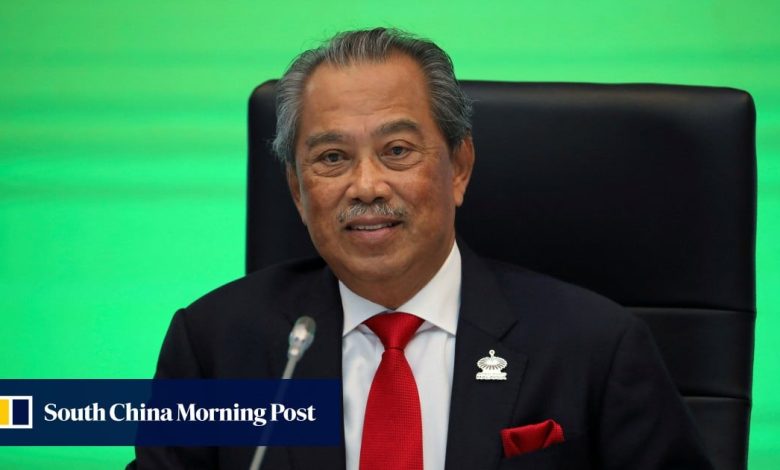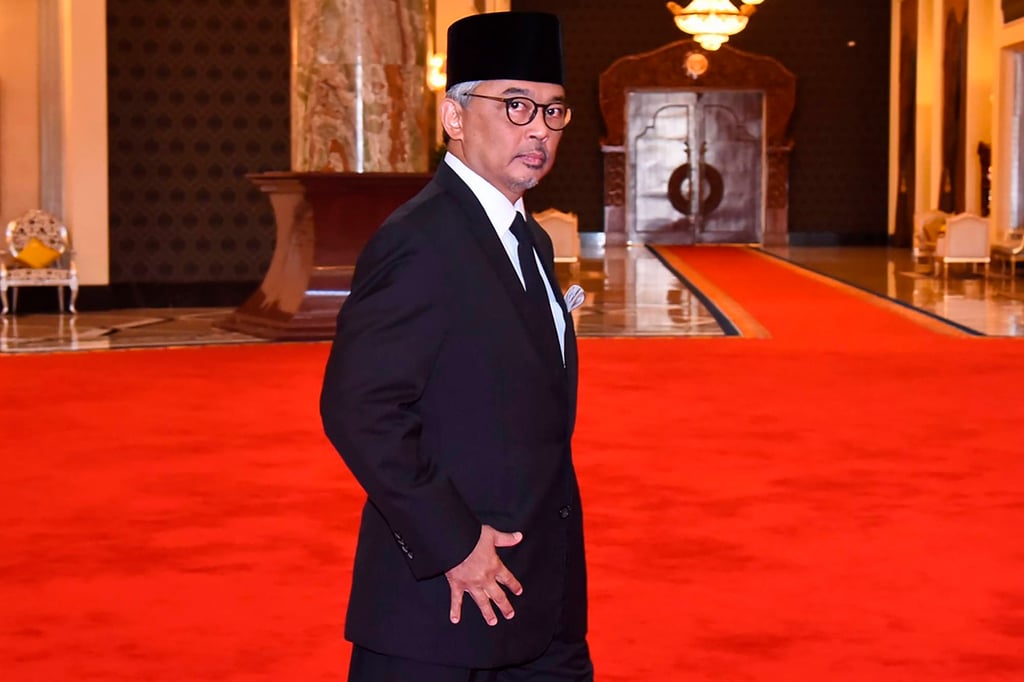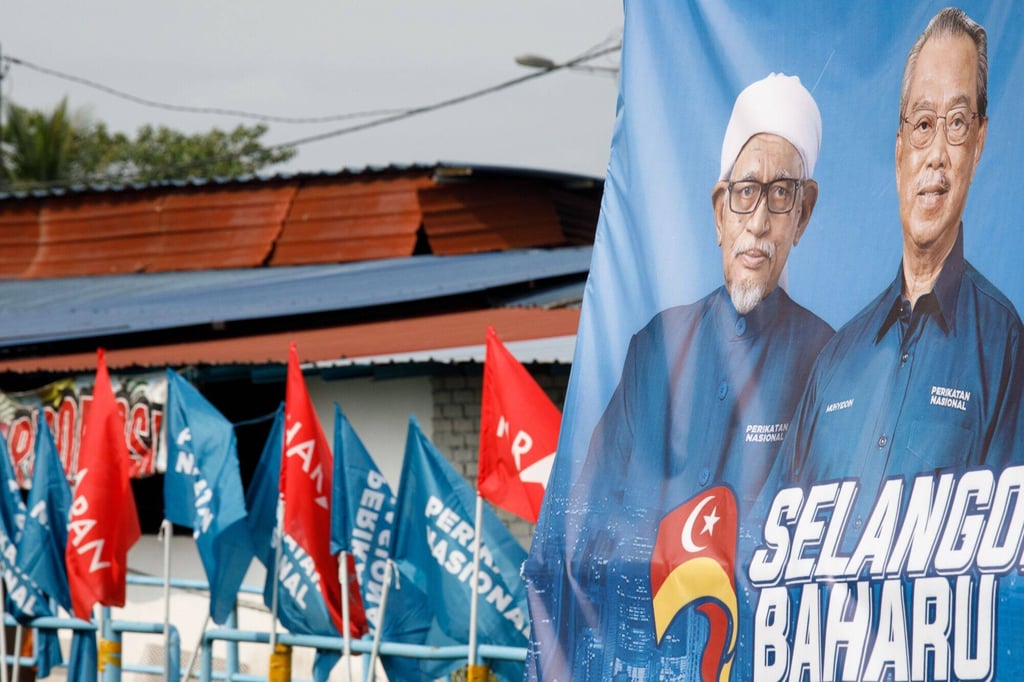Malaysia’s ex-PM Muhyiddin swears loyalty to monarchy after police probe

His Perikatan Nasional (PN) coalition only won 74 seats but Muhyiddin argued he was able to cobble together support from individual lawmakers from other parties and that he had attained a parliamentary majority to return to office.
Following his police questioning, Muhyiddin said that he had given to the police proof of the statutory declarations from lawmakers who backed him to be prime minister along with a letter from the king’s office saying it received a statement from him regarding the matter.
“As an ordinary citizen, I take shelter under the majesty and glory of the Malay monarchs, and my loyalty to the institution of the constitutional monarch should not be questioned,” he said.

His criticism of Sultan Abdullah of Pahang, the country’s then-king, caught the attention of the palace and has thrown into question PN’s image as the bastion of ethnic Malay supremacy and Islam, where respect for the king is paramount.
Speaking to This Week in Asia, political analyst Azmi Hassan said that Muhyiddin’s “unbecoming criticism” of the former king has created turmoil among Malay voters, PN’s most important support base.
“Not only does PN find it hard to convince non-Malay voters to vote for them, with this case, they will be losing their aura as the defenders of the Malay community and Islam as state religion,” Azmi said.
Then incumbent PN was defeated by Barisan Nasional (BN) in the Kelantan state election three days after Muhyiddin’s speech.
Describing Muhyiddin’s remarks as “manipulative and harmful”, the Crown Prince of Pahang Tengku Hassanal Ibrahim Alam Shah accused the former leader of insinuating that his father had unjustly appointed Anwar as prime minister.
“The statement seems immature, reflecting his inability to accept that he was not appointed as prime minister,” the Crown Prince said on Monday.
He added that Muhyiddin had openly incited distrust in the Malay royal institution and divided Malaysians with his comment.
In his parting interview with the Malaysian press at the end of his five-year term in January, Sultan Abdullah said that he invited all parties to form a unity government to solve the hung parliament that existed after the 2022 election.
“[Muhyiddin and president of Islamist party Pas Abdul Hadi Awang] outright rejected it – what choice did I have? Who can form the government?” the monarch said candidly.
Under the country’s monarchy system, the nine Malay monarchs are simultaneously heads of Islam in their respective states and take turns every five years to be Malaysia’s king.
Politics in Malaysia has primarily been communal-based, with parties formed along racial lines instead of political ideologies.
While Umno has long been dominant among Malay voters since the country’s independence in 1957, support for the party has eroded in recent years and shifted to Muhyiddin’s Bersatu party, a key component of the PN coalition.

PN leaders were trying to salvage their reputation among Malay voters by framing the situation as a personal dispute between Muhyiddin and the palace, Azmi said.
On Tuesday, Tuan Ibrahim Tuan Man, the deputy president of Pas, another key partner in the PN coalition, threw his support behind the palace and repeated the party’s call for an investigation over Muhyiddin’s comments.
Muhyiddin’s Bersatu party has called for calm, saying it had complete trust that its president would cooperate with authorities.
Tunku Mohar Mokhtar, a political analyst from the International Islamic University in Kuala Lumpur, said Muhyiddin’s preoccupation over what he believed to be a denial of his power has deprived Malaysians of an effective opposition.
“Muhyiddin and PN believed that the people wanted them to be the government and could not move on from this,” Tunku Mohar told This Week in Asia.
This paralysis was compounded by the coalition’s framing of its opposition to government policies along ethnic and religious lines instead of assessing them based on their cost and benefit to Malaysians.
“I think the opposition’s remedy to all the issues would be to have Muhyiddin as prime minister,” Tunku Mohar said.






